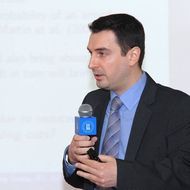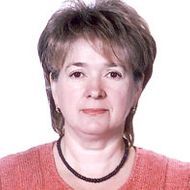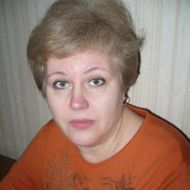- A
- A
- A
- АБB
- АБB
- АБB
- А
- А
- А
- А
- А
- Национальный исследовательский университет «Высшая школа экономики»
- Факультет экономических наук
- Департамент теоретической экономики
- Учебные курсы
- Динамические стохастические модели общего равновесия 2022 и 2023 учебного года
-
Департамент
- О департаменте
- Сотрудники
- Лучшие преподаватели
- Аспиранты
- Учебные курсы
- Конкурс ППС
- Планирование учебной нагрузки
- Наука в департаменте
109028, Москва,
Покровский бульвар 11, Администрация департамента: офисы S1029, S1030; тел: +7(495) 772-95-90 *27172, 27173, 27174
PhD, Университет Штата Пенсильвания
Департамент теоретической экономики объединяет высококвалифицированных специалистов в различных областях экономической теории, включая микро и макроэкономику, теорию денег и финансов, экономическую историю и историю экономических учений. Наша миссия — обеспечение преподавания экономических дисциплин в НИУ ВШЭ на уровне ведущих западных университетов с учетом специфики профилей подготовки студентов.
 Ричард Кантильон. Опыт о природе коммерции: общие вопросы
Ричард Кантильон. Опыт о природе коммерции: общие вопросы
М.; СПб.: Издательство Института Гайдара, 2024.
Dranev Y., Miriakov M., Ochirova E. et al.
Journal of Corporate Finance Research. 2024. Vol. 18. No. 1. P. 5-19.
В кн.: Сегментация экономической науки и проблемы синтеза. Сборник материалов IV Октябрьской международной научной конференции по проблемам теоретической экономики.. СПб.: Алетейя, 2024. С. 27-50.
Tabashnikova D., Sandomirskaia M.
Economics. EC. Высшая школа экономики, 2023. No. 263.
Dynamic Stochastic General Equilibrium Models
- О ВЫШКЕ
- Цифры и факты
- Руководство и структура
- Преподаватели и сотрудники
- Корпуса и общежития
- Закупки
- Обращения граждан в НИУ ВШЭ
- Фонд целевого капитала
- Противодействие коррупции
- Сведения о доходах, расходах, об имуществе и обязательствах имущественного характера
- Сведения об образовательной организации
- Людям с ограниченными возможностями здоровья
- Единая платежная страница
- Работа в Вышке
- ОБРАЗОВАНИЕ
- Лицей
- Довузовская подготовка
- Олимпиады
- Прием в бакалавриат
- Вышка+
- Прием в магистратуру
- Аспирантура
- Дополнительное образование
- Центр развития карьеры
- Бизнес-инкубатор ВШЭ
-
http://www.minobrnauki.gov.ru/
Министерство науки и высшего образования РФ
-
https://edu.gov.ru/
Министерство просвещения РФ
-
http://www.edu.ru
Федеральный портал «Российское образование»
-
https://elearning.hse.ru/mooc
Массовые открытые онлайн-курсы
- © НИУ ВШЭ 1993–2024 Адреса и контакты Условия использования материалов Политика конфиденциальности Карта сайта
- Редактору






Преподаватель
Мишин Арсений Олегович
Course Syllabus
Abstract
Learning Objectives
Expected Learning Outcomes
Course Contents
Assessment Elements
Interim Assessment
Bibliography
Recommended Core Bibliography
Recommended Additional Bibliography